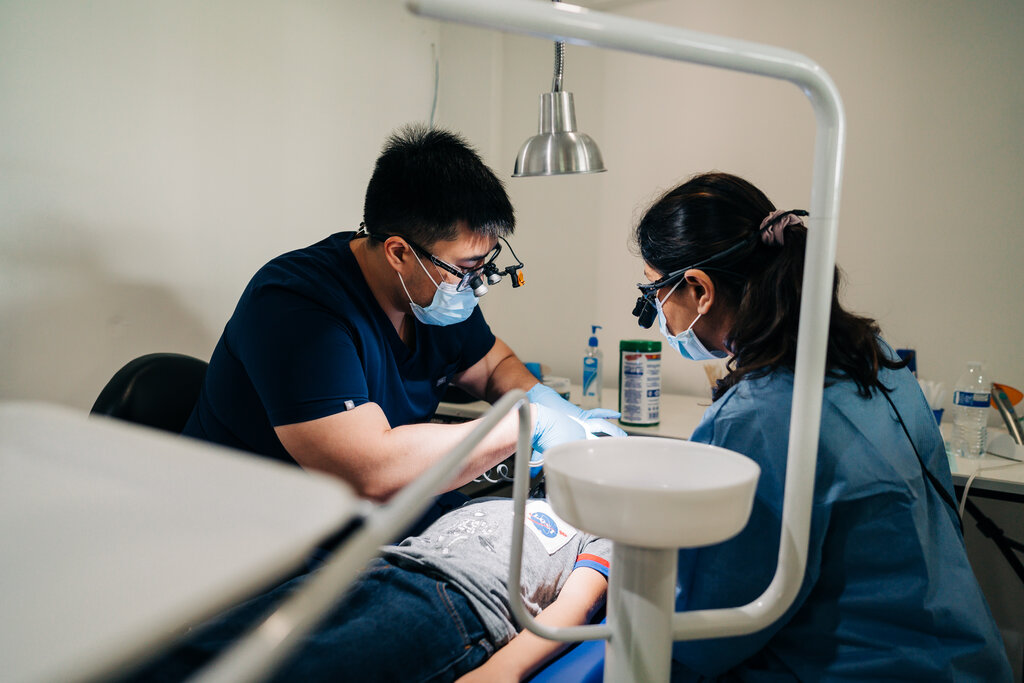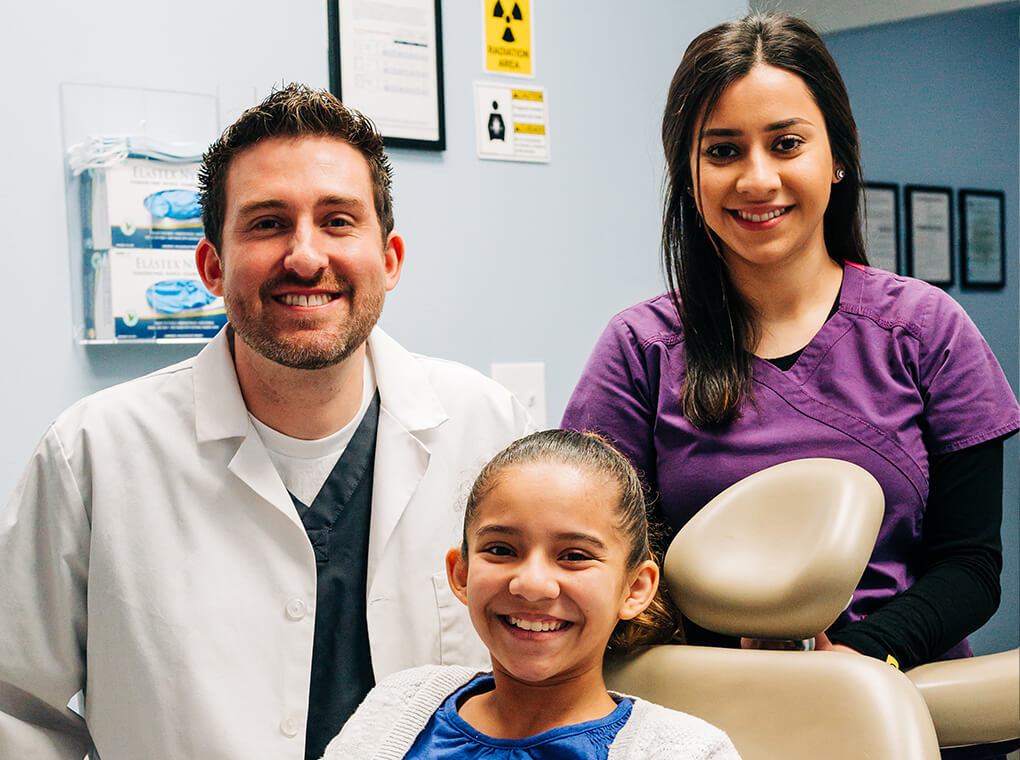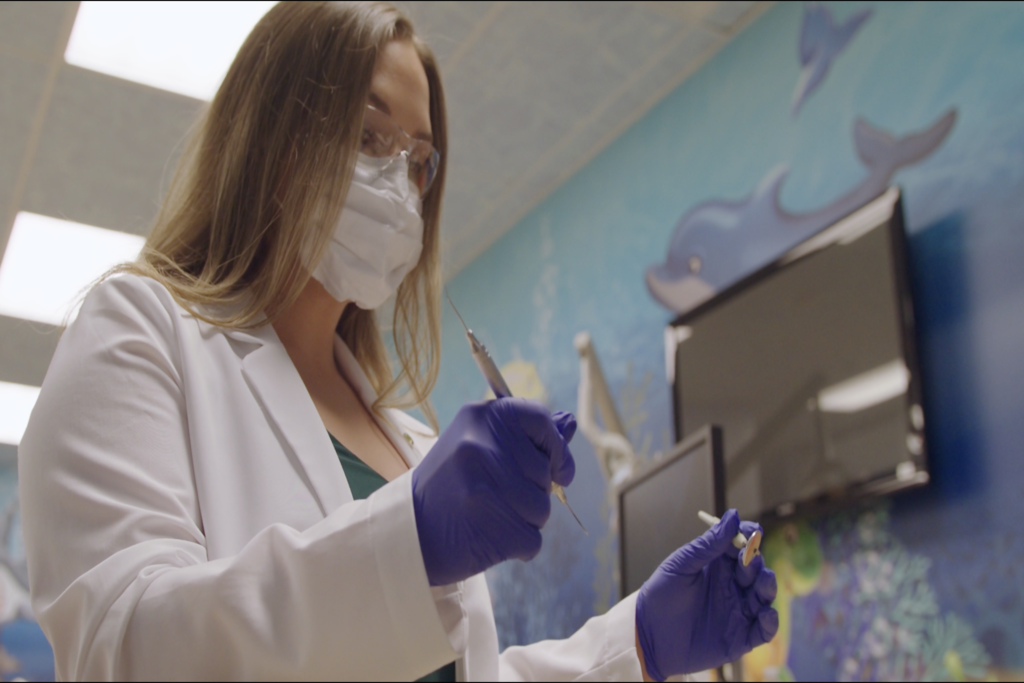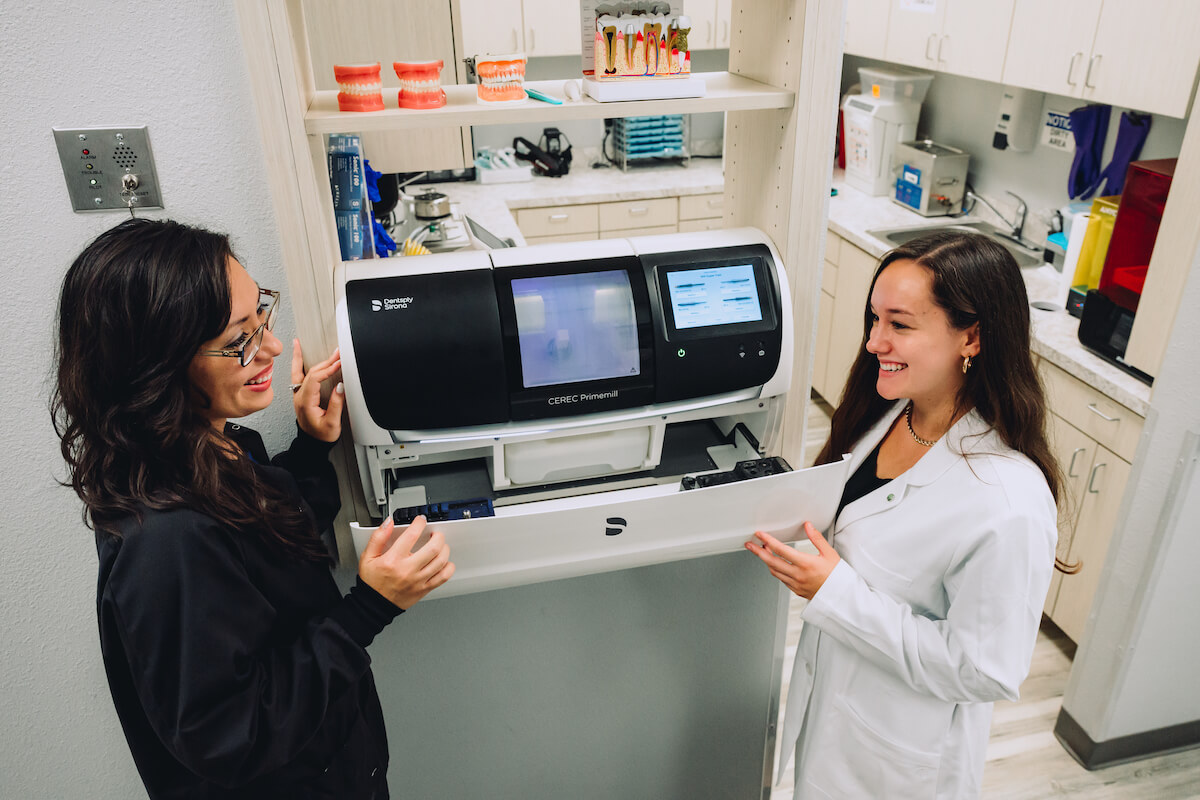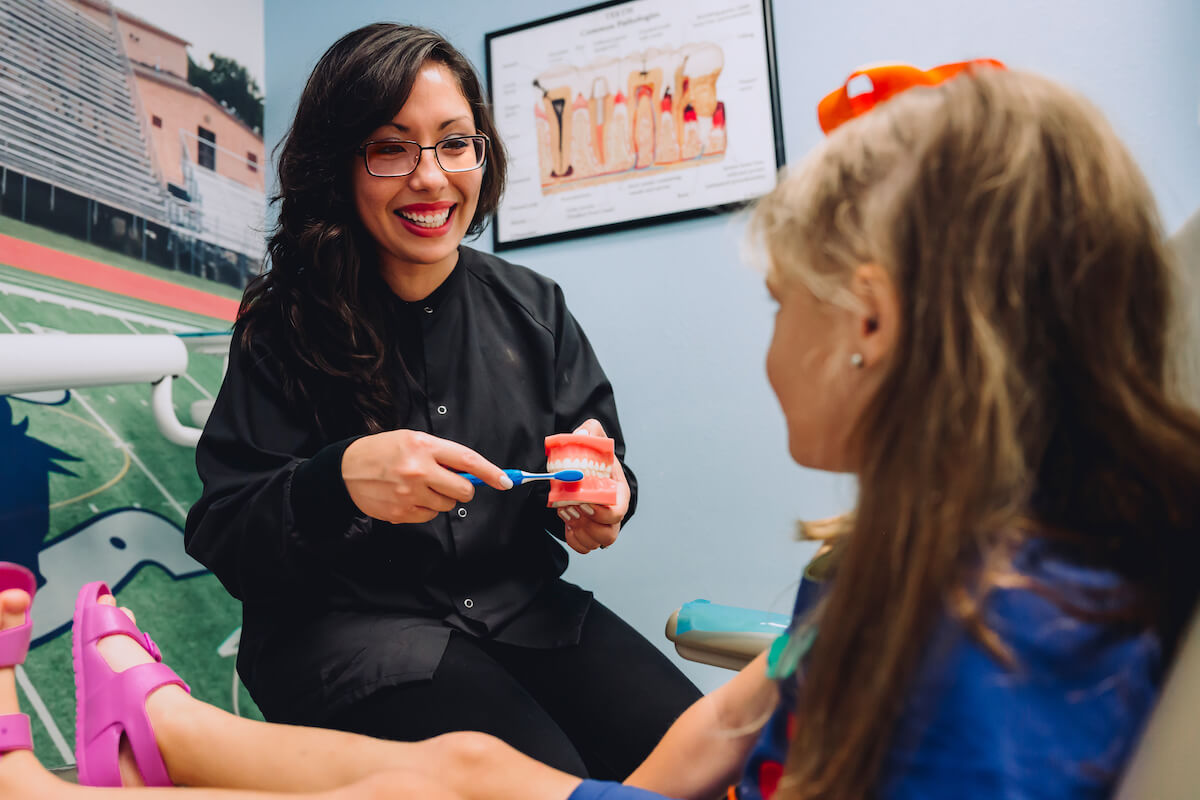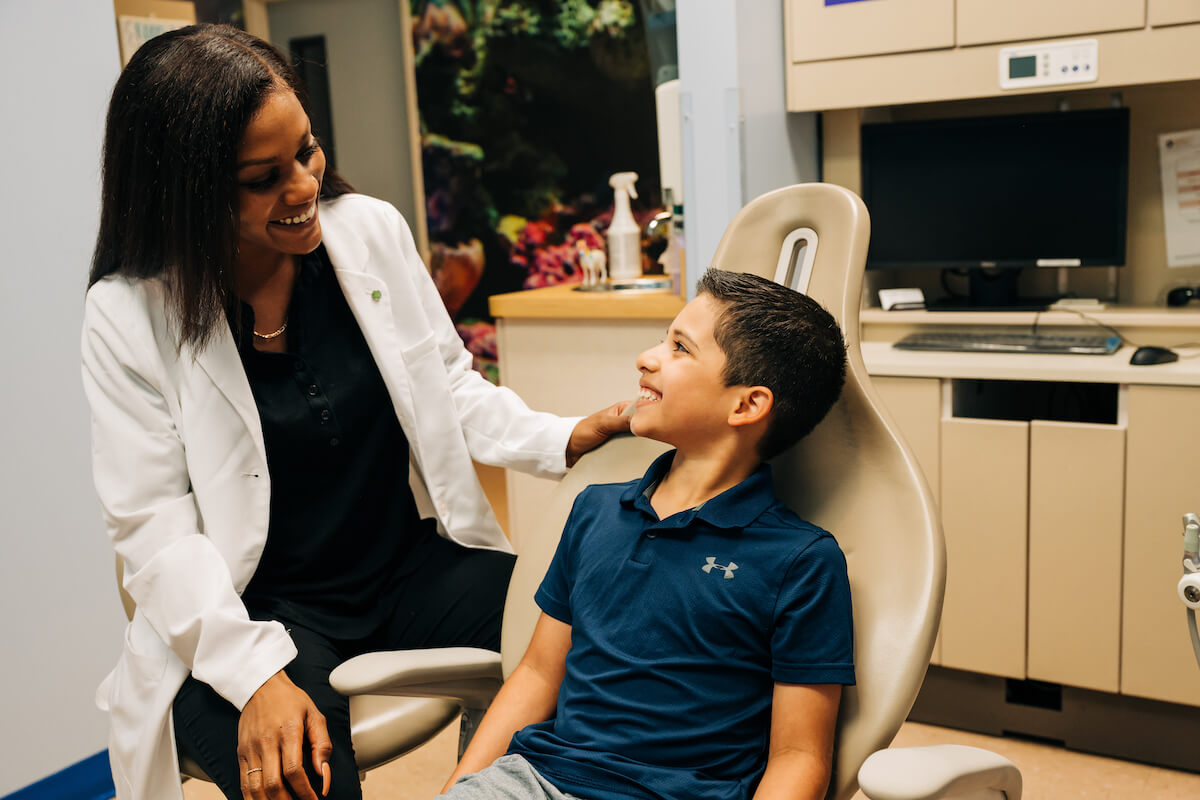
Dentistry is a gratifying career. The first time you change someone’s life by giving them the confidence to smile again, you will know you picked a great field. However, the reality is that dentistry can also be extremely taxing, and it can be difficult to guard your personal time. A dentist’s work-life balance is important but can be difficult to attain. Luckily, there are ways to find balance and prevent burnout.
The Bad News: Dentist Work-Life Balance Can Be Elusive
Dentists who own their practice without administrative support are in the unique position of being both medical professionals and entrepreneurs. That means they get all the stress of running a business and the pressure to provide their patients with the highest level of care. Balancing these two sides of running a dental practice can consume your mental and emotional energy. Add in your family’s and social life’s needs; many dentists feel worn thin in no time.

Practice ownership used to be the preferred pathway for dentistry. There was little alternative to taking on the financial and emotional risks of owning your own practice. For decades, mental health has been a serious concern for dentists. Even before going into practice, dental school can negatively impact many students’ mental health.
Many practice owners find they are always at the office, even when not. It can be hard enough to take time off as a business owner, but leaving your practice unattended for even a week can drive dentists to distress. Late-night emergency calls or managing that busted pipe in the patients’ bathroom can leave you with little energy to engage with friends and family outside of work.
Is there any way to avoid getting worn down by this job?
The Good News: It Is Possible to Find Balance as a Dentist!
Yes! It is entirely possible to achieve a favorable work-life balance as a dentist. It just takes planning and regular self-check-ins to ensure you’re in a good position. Here are a few essential action items to help you achieve an outstanding work-life balance as a dentist:
1. Establish Communication with Your Team
The more time you can spend in a state of flow at work, the more effective and efficient your work will be. Minimizing stress in your workplace will benefit your private life and vice versa! Establishing a healthy emotional environment in your practice will help you, your entire team, and your patients. Communication is key to that goal. Touch base with your team each morning, take a moment to connect with your assistant and hygienist, and try to get everyone’s day started on a positive note. Even when you hit speedbumps in your day, a team with clear lines of communication will be able to pivot quickly and respond effectively to those challenges.

2. Leave Work at Work
This one can be tricky. There will always be that one tough case that you just can’t stop thinking about or that patient whose anxiety drove them to say nasty things in your chair.
- Did the lab get that crown right?
- What if your denture doesn’t set?
- Will that patient accept the massive treatment plan you created for them?
When your thoughts start spinning, it can be hard to truly leave work at work. This distraction can detract from your time focusing on your spouse, kids, friends, and hobbies. It can be helpful to take a moment before leaving at the end of your day to write clear notes of all the concerns you think will occupy your thoughts. By purging your worries in the office before you leave, you give yourself permission to leave those concerns behind while you’re away. Creating a small end-of-day ritual to separate “work” from “life” gives your mind a boundary between these two aspects, thereby creating permission to leave those concerns where they are (physically and mentally) and free up your emotional energy to fully engage in your private life.
3. Be Intentional in Your Time Off

As tempting as it may be to come home and completely shut down, failing to take advantage of your time away from the office can leave you unbalanced. It is fine to veg out for a moment at the end of a hard day. However, turning into a couch potato too regularly can leave you feeling like you only really exist at work. Adopting a hobby gives you goals and achievements outside of work, which enriches the “life” part of this balance.
As tired as you are, if you are a spouse or parent, your family needs energy and attention from you to cultivate those relationships. Plan focused playtime with your family, even if it’s just ten minutes daily. These small moments of connection are essential and contribute to lower stress and better mental health.
4. Don’t Keep It to Yourself
One of the biggest mistakes many of us make is thinking we should just keep our stress to ourselves. After all, we don’t want to burden anyone else with our complaining, right? Wrong. Talk to someone about it if you feel pressured, burnt out, overwhelmed, or even just a bit frustrated! Letting your family and friends into your world may mean giving them a glimpse of the not-so-easy parts of your day. Of course, some friends may prefer you don’t go into detail about that suppurating infection you saw today, but they can certainly give you a shoulder to lean on when feeling down.
If negative feelings disrupt your life, become overwhelming, or last longer than three months consistently, or you just want someone outside your social circle to talk to, you could contact a mental health counselor. A professional can help you healthily navigate emotional strain and avoid major mental health problems.
5. Delegate Where You Can
People drawn to dentistry as a career tend to be driven by perfection. You want every margin to be perfectly flush, every cosmetic case to look flawless, and every patient to be ecstatic. Caring about great results is what makes a great dentist. However, it can also put too much pressure on yourself. You do not have to do all of this alone! Learn what tasks you can delegate to your team and trust them to do their jobs effectively. That not only takes some of the burdens off you but also shows your staff that you respect them as professionals.
Delegating effectively also means letting go of administrative tasks and handing them over to specialists wherever possible! This is one of the key ways working with a DSO like Community Dental Partners can lighten your load and help you achieve a better work-life balance.
Why Dentist Work-Life Balance Is Important

Maintaining a good outlook and energy level will determine your effectiveness as a dentist. The dental office can be an emotionally intense setting. Many patients will come to your chair anxious, afraid, and in pain. If you are likewise drowning in stress, you will have a hard time getting that patient to feel safe. Balance is crucial in gaining patients’ trust, maintaining energy throughout your day, and building a lasting career.
The balance will benefit you beyond just keeping your mental health and relationships in good shape. Dentistry, unlike many jobs, is also extremely hard on your body. That’s why it’s even more important that dentists engage in regular body maintenance. Physically active hobbies and activities will keep your body and mind healthy and functional, which is essential to dentistry’s longevity. That’s why balance is non-negotiable for excellent dentists!
We commit to fostering a supportive, respectful, and empowering environment for every individual who contributes to our shared mission. Providing excellent patient care requires dentists with a work-life balance. Schedule a call with a Hiring Manager to learn more about achieving the work-life balance you need!


